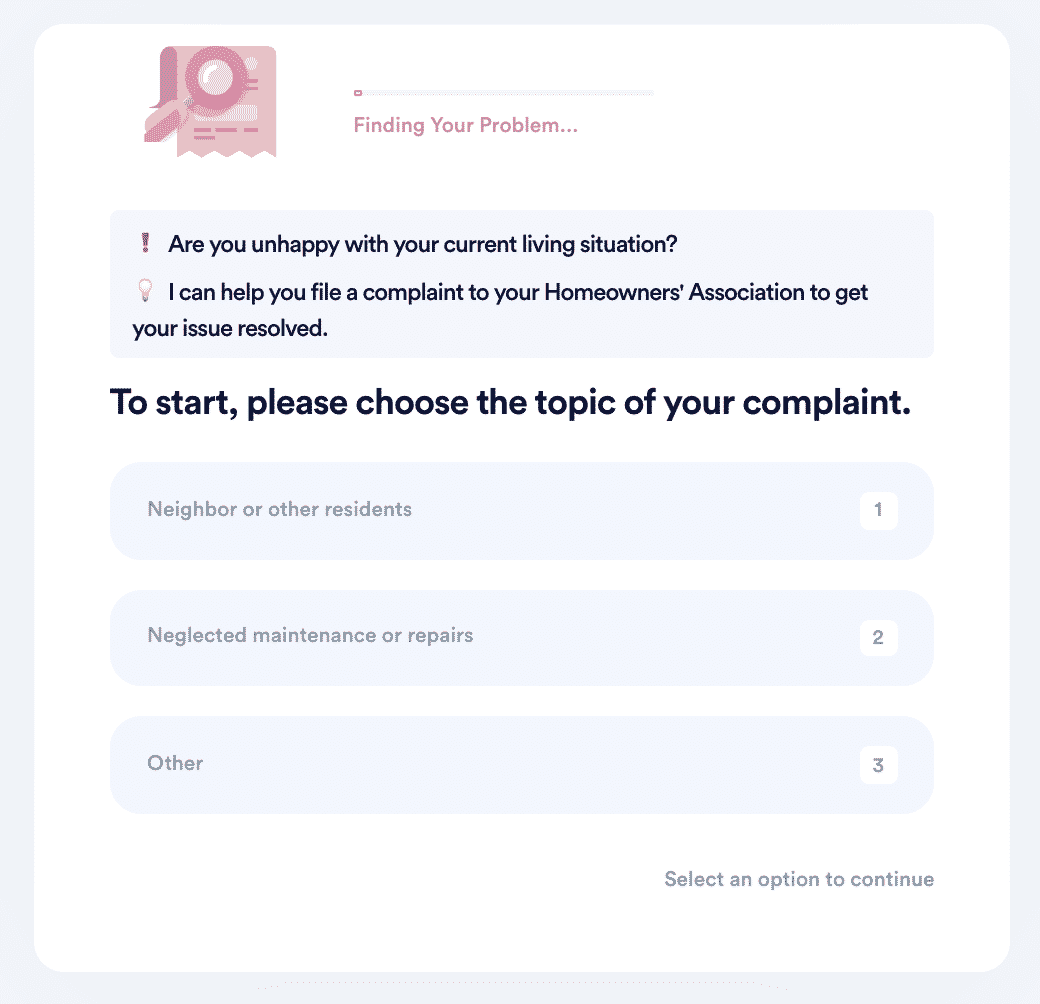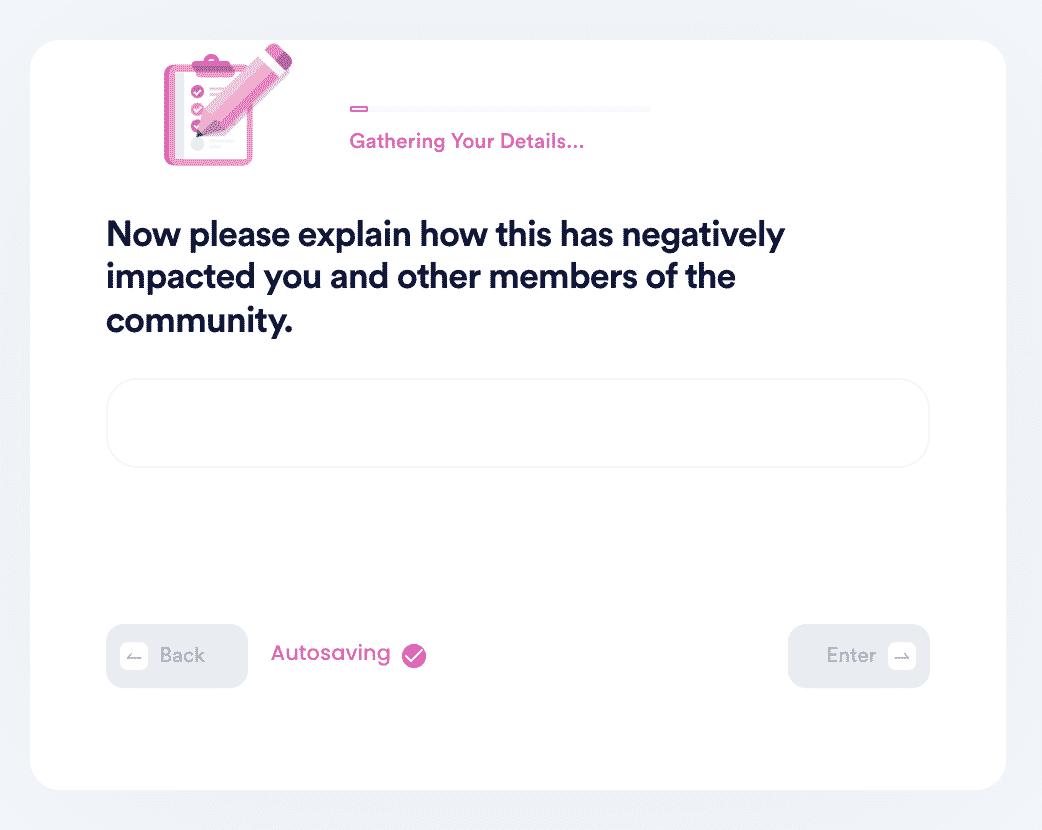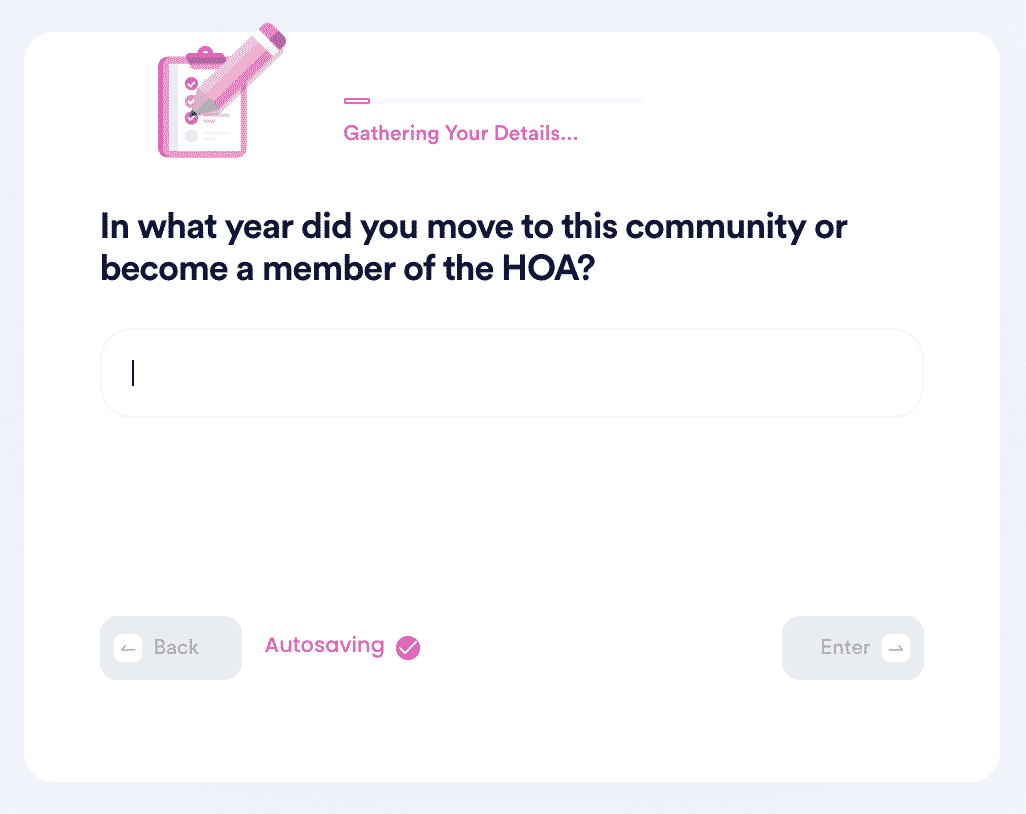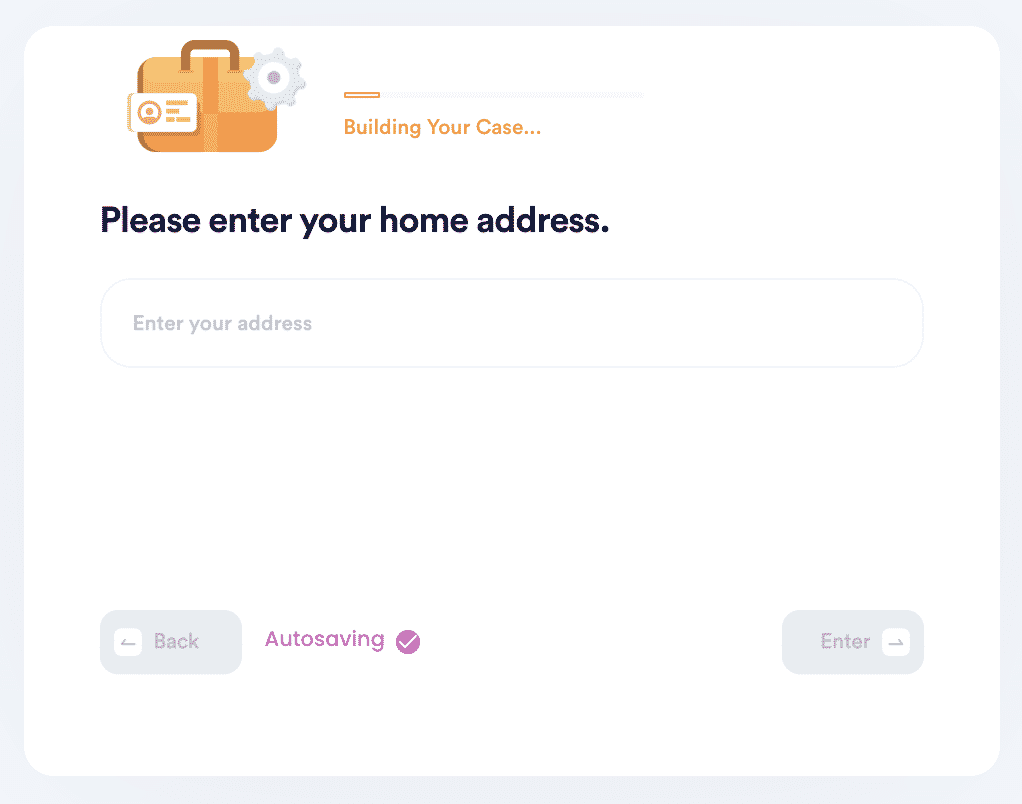How to File a Formal Complaint Against an HOA In SC
There are a lot of benefits that can be enjoyed when joining an HOA. After all, your local homeowners association is responsible for beautifying and improving your community, using the dues that you and other HOA members pay every year. A well-run HOA helps to keep a community clean, organized, and even safe to live in - however, when things go south and you find yourself with some grievances to air, you could feel a bit lost in the weeds.
Do you have HOA complaints in South Carolina and aren't sure where to turn? Filing on your own can prove to be a time-consuming process, and sometimes it can leave you with more questions than answers. DoNotPay has your back, with a guide to common HOA complaints, how to handle SC HOA complaints on your own, and how to file any HOA complaint the quick and easy way.
Common HOA-Related Complaints
While HOAs are designed to make life easier, sometimes, issues can occur. Here are some common complaints from HOA members:
- Excessive noise coming from your neighbors, such as loud music, rowdy parties, or construction work that seems to go on continuously.
- Loud or barking dogs, or pets that are left to wander the neighborhood.
- Home exteriors that aren't up to the standards of the HOA, such as trash in the yard, grass that is unkempt and uncut, and offensive decorations.
- Health code violations or smoking in common areas when smoking is not allowed.
- Any sort of suspected illegal activity.
There are other occasions when you might need to make a complaint to your HOA - but in general, most complaints fall into the above categories. Once you've decided that the issue has escalated enough to warrant a complaint, you can reach out to your local South Carolina HOA for help and support.
How to Complain to the HOA on Your Own
Every neighborhood, city, and community has its own HOA, which is governed by the rules and regulations set up by the organization. However, associations must follow the South Carolina Homeowners Association Act. According to the South Carolina Department of Consumer Affairs, this act requires certain governing documents to be filed and collects specific data regarding HOA complaints.
If you to file a HOA dispute yourself, there are two ways to go about it:
- File a complaint through the Department of Consumer Affairs (DCA) Online Complaint Portal.
If you don't feel comfortable addressing your complaint with your local HOA directly, this is a viable option.
To file a complaint this way, use the online portal that allows the office to process your complaint faster. When you file online, you can also access your complaint at a later date, if you want to read over your submission for your records. Be sure to enter all the required information, so that your complaint can be handled in a timely manner.
- Submit a paper complaint form to the Department of Consumer Affairs.
You can download the paper form from the website, print it, and fill it out entirely. After you have filled out the information on your complaint, you can then submit it to the DCA.
You will also need to fill out the Supplemental Questionnaire form, regardless of the method that you use to submit your complaint. The form can be completed and submitted online, but if you are sending a paper complaint, you will need to download that form separately, fill it out, and mail it to the office along with your paper complaint form.
| South Carolina Department of Consumer Affairs (DCA) | |
| Education Page | HOA Information | Consumer Affairs |
| Online Portal | Consumer Complaints |
| Forms | Complaint Form |
| Phone | (803) 734-4200 |
| Mailing Address | PO Box 5757
Columbia, SC 29250 |
| Office Address | South Carolina Department of Consumer Affairs
293 Greystone Boulevard, Ste. 400 Columbia, SC 29210 |
Other Ways to Handle HOA Disputes
If the above seems like too much red tape to deal with, you can also opt to handle your HOA complaint through the following methods:
- Talk to your local HOA directly. If you feel comfortable with this, you can reach out to your HOA with your concerns, to see if you can come to a peaceful resolution.
- If the dispute involves a neighbor, try talking to the neighbor in question. If you have a good relationship with your neighbor, this is an option. However, if you and your neighbor are already at odds, this probably won't work and might even lead to more tension.
File Your HOA Complaints and Save Time With DoNotPay
Let DoNotPay take the stress of off your shoulders. Here's how to file a complaint with your HOA using DoNotPay:
- Choose and describe the nature of your complaint (neighbors, maintenance, etc).

- Explain how this problem has negatively affected you and how you want the HOA to address the problem.

- Tell us how long you've been a member of this HOA.

- Confirm your home address so we can generate state-specific arguments on your behalf!

And that's all there is to it! DoNotPay is the easiest way to handle HOA complaints without the red tape and annoying online websites. Our simple system is easy to navigate, helping you get closer to resolving your issue.
What Else Can DoNotPay Do For You?
Curious about what else DoNotPay can do to simplify your life? Check out our other HOA-related topics:
DoNotPay can also provide assistance with the following:
- Filing a complaint against any company
- Conducting sex offender searches
- Getting help with bills
- Filing insurance claims


